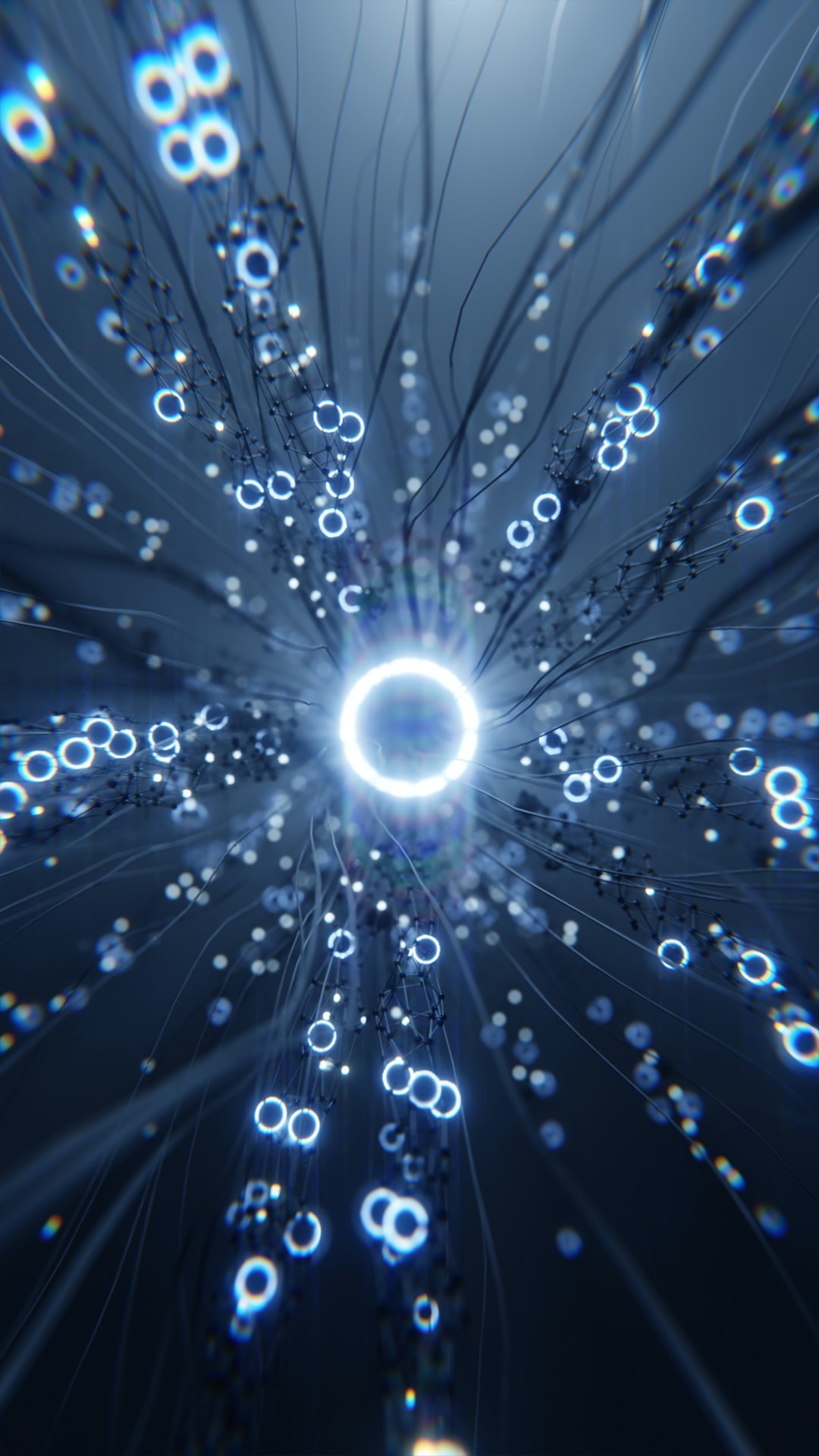Biological systems, both for their intrinsic wealth and because of their importance, have received special attention from the complex systems viewpoint. Much of the Institute’s research activity is geared towards solving a large variety of problems in the biological context, and at diverse spatial and temporal scales. Investigations cover experimental, computational and theoretical approaches. Research areas include the study of fundamental molecular mechanisms, genomics and proteomics, the generation of forces and the mechanics of cells and tissues, morphogenesis and development, systems biology at the cellular level, and neuroscience. For the latter, the Institute houses its own laboratories. Additionally, the associated studies carried out at the level of microorganisms and tissues exhibit, thanks to their fundamental perspective, a clear connection with the research conducted in active matter, an area that is also central to the Institute.
MOLECULAR BIOPHYSICS
The advent of nanotechnologies in recent decades has made it possible to probe and measure biological systems down to the molecular scale. This has given rise to a more physical approach to traditional molecular biology, and, in particular, to attempts to solve the longstanding puzzles of biological building blocks and their behavior.
CELL AND MULTCELLULAR BIOLOGY
The biological cell is the basic unit of life, and constitutes in itself a remarkably complex system that combines thousands of chemical reactions by thousands of molecular species, all happening at the same time with fascinating harmony within an extremely crowded and noisy environment.
Systems BIOLOGY
Systems Biology is a growing research field that aims at characterizing and understanding living organisms from the interaction among their building blocks, for instance the gene-gene interactions that dictate the animal body plan.
NEUROScience
Living neuronal networks, in particular the human brain, are considered to be among the most complex systems in nature. The quest to understand them has caught the attention of different research groups at the Institute, who are exploring them through a rich repertoire of experimental, computational and theoretical tools.



